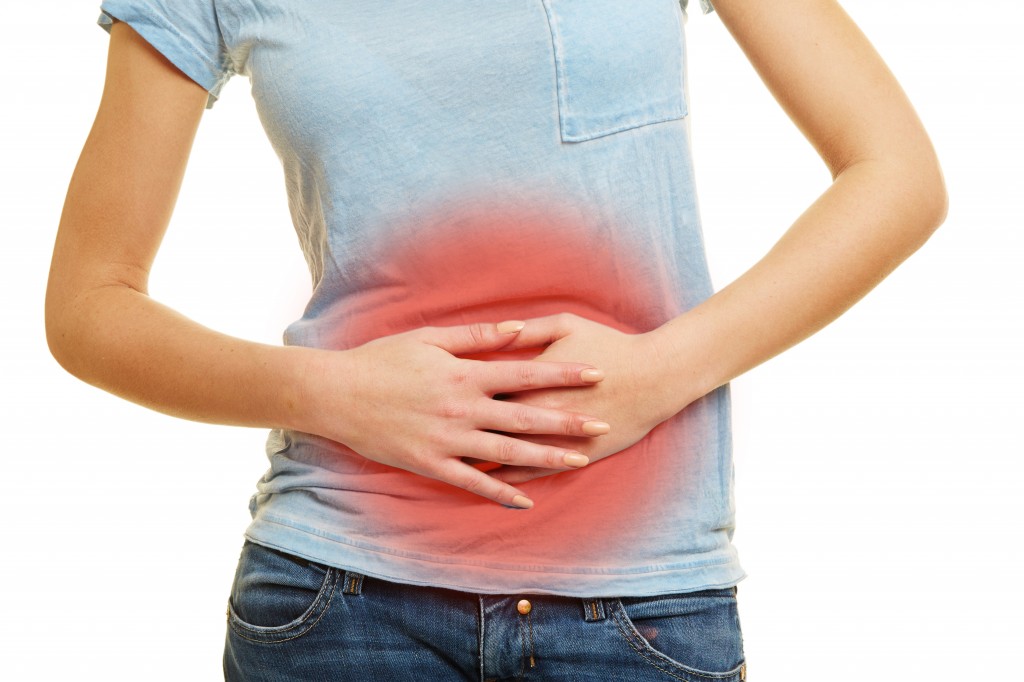- Make It Yourself Lavender Heart-Shaped Bath Bombs!
- 20 Things You Never Knew About “Down There”
- 12 Best Foods For Those Suffering From Arthritis Pain
- 12 Personal Hygiene Mistakes Almost Everyone Makes (Mom Never Told You About #4!)
- 15 Medicinal Plants And Herbs From The Cherokee People
- 12 Mind-Blowing Benefits Of Drinking Coconut Water During Pregnancy
- 12 Outstanding Winter Foods That Won’t Fatten You Up Like A Christmas Turkey
Guidelines For Safe Food Handling To Prevent Foodborne Disease
Important steps for handling food safely
To prevent foodborne illness, there are basic steps to handling food that should always be applied.
The Food Safe Families Campaign have recommended the following steps be taken to keep food safe:
- Wash your hands with warm water and soap before and after handling food. Do the same if you are busy with food and need to use the bathroom, handle pets, or change a baby’s diaper.
- Wash cutting boards, utensils, counter tops and dishes with soapy water after preparing each food item.
- When preparing food, use one cutting board for fresh produce, and another for meat, fish or poultry products. The juice from raw meats, fish and chicken can easily contaminate fresh produce.
- Always marinate meat and poultry in a covered dish in the fridge. Never leave open on the kitchen counter.
- Before serving or eating, wash thoroughly all raw fruit and produce to get rid of lingering bacteria or pesticides. Unwashed fruit and veggies have been the cause of many outbreaks of foodborne illness.
- Never work with food if you have any type of illness such as a cold, cold sores, infected cuts, or any other type of infectious outbreak.
- Do not place cooked food on a plate that has previously held uncooked meat, poultry, or seafood, unless the plate has been washed in warm soapy water.
- Preparing salad ingredients on the kitchen countertop is a bad idea, as it could easily spread bacteria. Use a clean chopping board and wash the greens before and after preparing.
- Invest in a cooking thermometer to ensure the safe cooking of meat, chicken, egg products, and seafood. It is very important that these foods are cooked to the correct, recommended internal temperature to destroy the harmful bacteria which are prevalent in the raw products.
- Cook or freeze fresh meat products within 2 days of purchasing. When shopping, always buy perishables last and if you do not have a coolbag with an ice-brick, go straight home.
- Do not buy any fresh food product which has torn or broken packaging. It may already be contaminated.
- The most importance appliance in a kitchen is undoubtedly the refrigerator. Bacteria is everywhere, and the fridge is where fresh food or left-overs can be safely stored because bacterial growth is slowed down.
- Do not allow cooked food which you are not going to use immediately to “air” as it is sometimes put. Bacteria starts growing and multiplying once you have taken it off the heat. Either refrigerate immediately, or keep it warm if you are going to use in a short while.
Food that has been left for too long on the counter may look fine, but could be dangerous to eat.
READ ALSO: Potato Juice Helps Stomach Problems (And Tips On How To Use It!)
All these tips are important, and if it sometimes seems a bit of a chore to keep up with the safety steps, remember the consequences if you cut corners. The air is teeming with bacteria.
Perhaps the very top of the list is the cleanliness factor, and the necessity to always wash your hands and utensils before handling any food.
References:

































